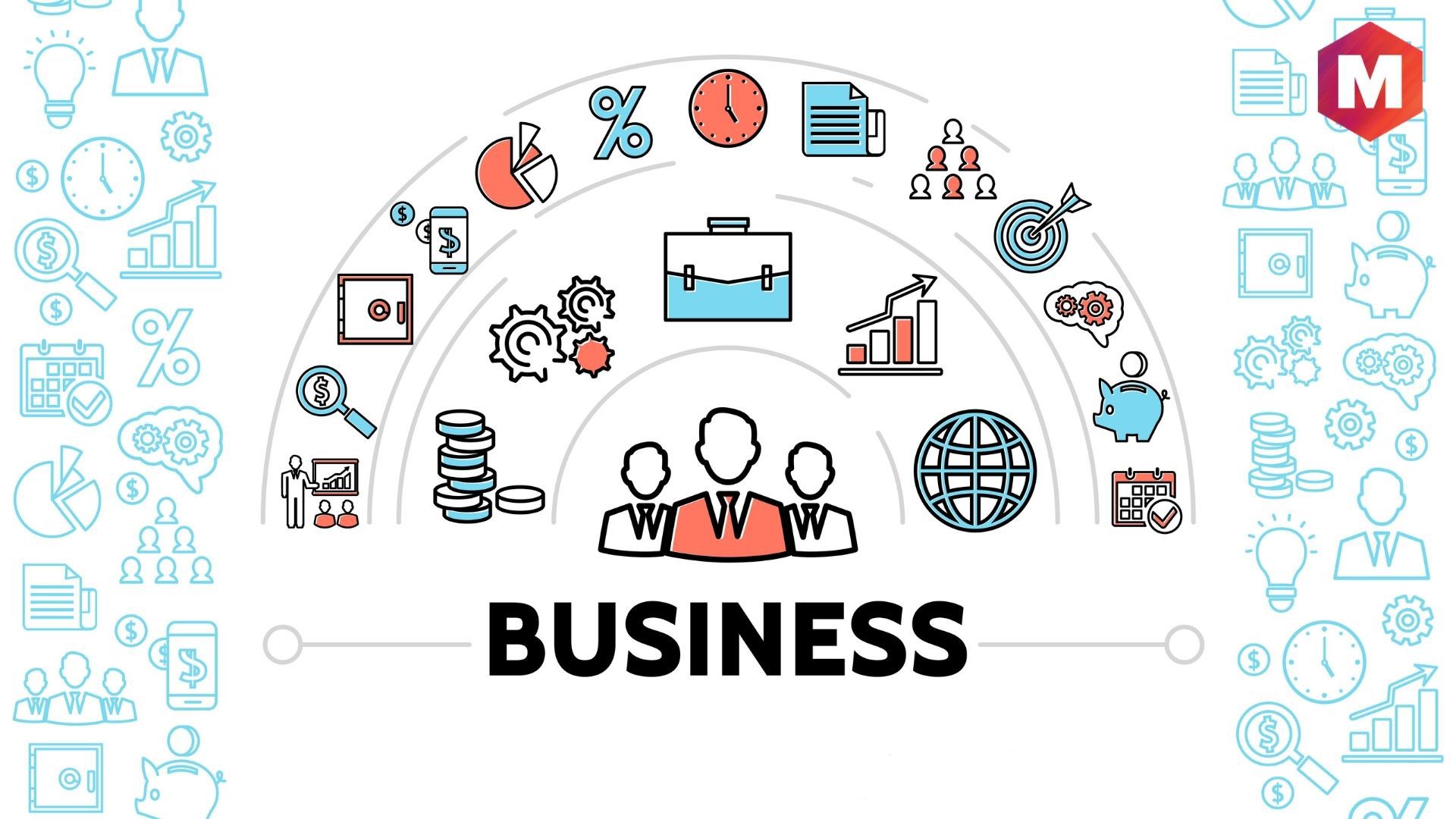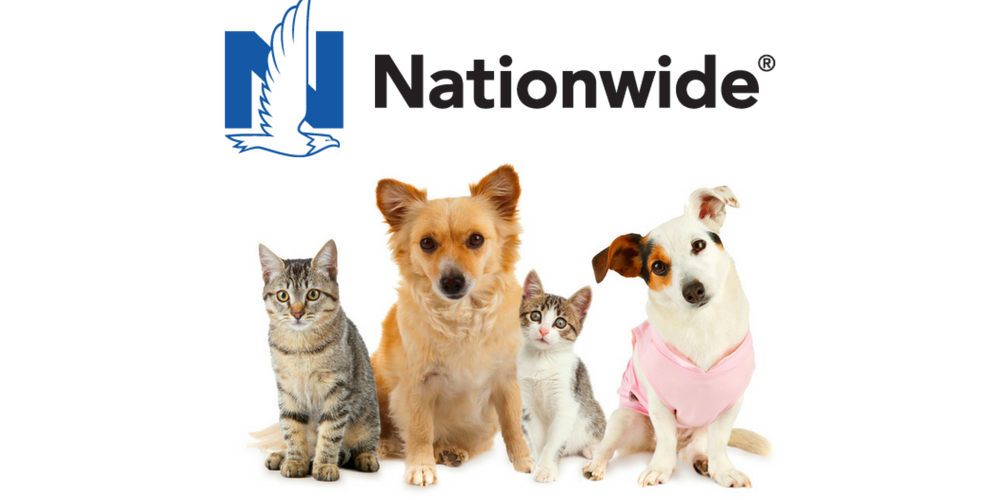Commercial Insurance Meaning

In the complex world of insurance, commercial insurance stands as a cornerstone, offering protection and peace of mind to businesses of all sizes and across various industries. This type of insurance, often tailored to meet specific business needs, is a vital component in risk management strategies, providing financial security in the face of unforeseen events and potential liabilities.
Understanding Commercial Insurance

Commercial insurance is a broad term encompassing various types of policies designed to protect businesses from a wide range of risks and liabilities. Unlike personal insurance, which typically covers individuals and their personal assets, commercial insurance focuses on safeguarding businesses and their assets, including physical property, employees, and operations.
The primary goal of commercial insurance is to mitigate financial losses that a business might incur due to unexpected events, such as natural disasters, theft, lawsuits, or employee injuries. By transferring these risks to an insurance provider, businesses can operate with greater certainty and stability, knowing they have the financial support to recover from adverse events.
Key Components of Commercial Insurance
Commercial insurance policies are highly customizable and can include a combination of the following coverage types:
- Property Insurance: This coverage protects a business's physical assets, such as buildings, equipment, inventory, and furnishings, from damage or loss due to events like fire, storms, vandalism, or theft.
- Liability Insurance: A crucial aspect of commercial insurance, liability coverage protects businesses from claims arising from accidents or injuries that occur on their premises or as a result of their operations. This includes product liability, which covers claims related to defective products.
- Business Interruption Insurance: Also known as business income insurance, this policy provides financial support to a business if it needs to temporarily shut down due to a covered loss, such as a fire or natural disaster. It covers expenses like rent, salaries, and other ongoing costs during the recovery period.
- Workers' Compensation Insurance: Required by law in most states, workers' comp insurance covers medical expenses and a portion of lost wages for employees who are injured or become ill due to their work. It also provides protection for businesses against related lawsuits.
- Commercial Auto Insurance: If a business owns or leases vehicles, this insurance provides coverage for physical damage and liability claims related to those vehicles. It's especially crucial for businesses that rely heavily on transportation, such as delivery services or trucking companies.
- Professional Liability Insurance: Also known as errors and omissions (E&O) insurance, this policy covers legal costs and damages if a business is sued for failing to perform its professional duties adequately. It's particularly important for professionals like consultants, accountants, and architects.
The Importance of Tailored Commercial Insurance

Every business is unique, and so are its insurance needs. Commercial insurance policies are designed to be flexible and customizable, allowing businesses to select the coverage types and limits that best fit their operations, assets, and risks.
For instance, a manufacturing company might prioritize property and liability insurance to protect its physical plant and equipment, while a consulting firm might focus on professional liability insurance to safeguard against potential errors or omissions in their work. A retail store, on the other hand, might require a blend of property, liability, and workers' compensation insurance to cover a wide range of potential risks.
Furthermore, commercial insurance can be packaged or customized to meet the specific needs of different industries. For example, a restaurant might require insurance for food contamination or liquor liability, while a technology startup might need cyber liability insurance to protect against data breaches and cyber attacks.
Expert Tips for Choosing Commercial Insurance
Navigating the world of commercial insurance can be complex, but it’s essential to get it right to ensure your business is adequately protected. Here are some tips from industry experts:
- Conduct a Risk Assessment: Begin by identifying the specific risks your business faces. Consider factors like location, industry, size, and unique operations. This assessment will help you determine the types of coverage you need and the appropriate policy limits.
- Choose the Right Coverage: Select coverage types that address your identified risks. Remember, while comprehensive policies offer broad protection, they might not be cost-effective if you're paying for coverage you don't need. Tailor your policy to your business's specific requirements.
- Understand Policy Exclusions: Insurance policies often have exclusions, which are specific risks or circumstances that are not covered. Make sure you understand what's excluded from your policy to avoid any surprises if a claim is denied.
- Work with a Reputable Broker: An experienced insurance broker can be invaluable in helping you navigate the complex world of commercial insurance. They can advise on the best policies and providers, negotiate better rates, and ensure your business is adequately protected.
- Review and Update Regularly: Your business and its risks can change over time. Regularly review your insurance policy to ensure it still aligns with your business's needs. Update your coverage as necessary to reflect any changes in your operations, assets, or potential liabilities.
The Future of Commercial Insurance
The commercial insurance landscape is evolving, driven by technological advancements, changing consumer expectations, and the increasing complexity of business operations. Here’s a glimpse into the future:
Digital Transformation
Insurance companies are increasingly leveraging digital technologies to streamline processes, enhance customer service, and offer more personalized coverage. From online policy management and claims submission to the use of data analytics for risk assessment, the digital transformation is making commercial insurance more efficient and tailored to individual business needs.
Increased Focus on Risk Prevention
While insurance traditionally focuses on risk mitigation, there’s a growing emphasis on risk prevention. This shift is driven by the increasing cost of claims and the potential for severe financial impact on businesses. Insurance providers are offering risk management services and tools to help businesses identify and mitigate potential risks before they lead to costly incidents.
The Rise of Cyber Insurance
With the increasing reliance on digital technologies and the growing threat of cyber attacks, cyber insurance is becoming a critical component of commercial insurance portfolios. This coverage protects businesses from financial losses resulting from data breaches, cyber attacks, and other digital risks. As cyber threats continue to evolve, cyber insurance will play an even more significant role in safeguarding businesses.
Environmental and Sustainability Considerations
As businesses and consumers become more environmentally conscious, insurance providers are beginning to offer coverage that aligns with sustainability goals. This includes policies that cover environmental risks, such as pollution or natural disasters, and incentives for businesses to adopt more sustainable practices.
Conclusion
Commercial insurance is a vital component of any business’s risk management strategy. By understanding the various types of coverage and tailoring a policy to their unique needs, businesses can operate with greater confidence and resilience. As the business landscape continues to evolve, so too will the world of commercial insurance, offering new and innovative solutions to protect businesses in an ever-changing world.
What is the difference between commercial insurance and business insurance?
+While the terms are often used interchangeably, “commercial insurance” typically refers to a broader range of coverage options designed for businesses of all sizes and industries. “Business insurance,” on the other hand, may be used more generally to refer to any type of insurance a business might need, including commercial policies, professional liability, or even personal insurance for business owners.
Is commercial insurance mandatory for all businesses?
+Certain types of commercial insurance, like workers’ compensation, are mandatory in many states. However, while not all types of commercial insurance are legally required, having adequate coverage is essential to protect your business from potential financial losses due to unforeseen events.
How do I choose the right commercial insurance provider for my business?
+When selecting a commercial insurance provider, consider their expertise in your industry, their financial stability, and their reputation for customer service. It’s also beneficial to get referrals from other business owners and seek advice from insurance brokers who can guide you through the process.



